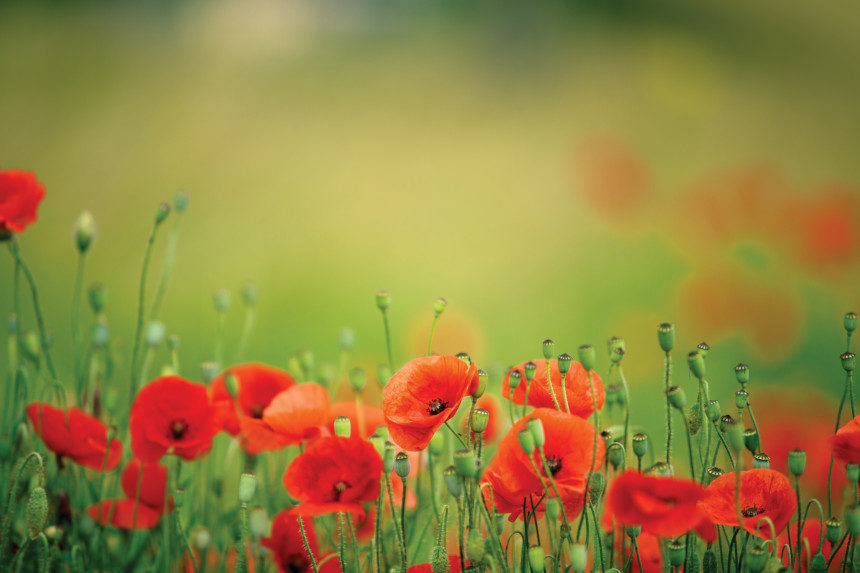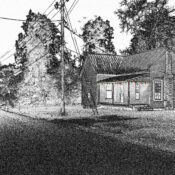When I was a kid, there were two grocery stores in our town — Kroger and Johnston’s IGA, the latter owned by Orville and Esther Johnston, who belonged to the Quaker meeting and knew all their customers by name. Kroger was headquartered in Cincinnati, 140 miles away, and didn’t sponsor a Little League team or let the Boy Scouts use their parking lot for their annual ham sale or let someone buy on credit if times were hard. So ours was a Johnston’s family, preferring David over Goliath.
I sacked groceries there after school and every weekend, taught by the master himself, Orville Johnston, for whom sacking groceries was a sacrament, a holy task, with its inviolate standards — no more than six cans per bag, eggs and bread on top, refrigerated and frozen foods in their own sack, double-bagged. If grocery bagging had been an Olympic competition, Orville would have taken the gold. After sacking the groceries, I would wheel the shopping cart to the parking lot and meticulously arrange them in the trunk of the customer’s car, another art form taught to me by Orville. No detail was too small for him, no task related to sacking that didn’t merit his full attention.
My sacking days run together in my memory, except for Memorial Day at the IGA, when Mr. Hoban, a veteran of World War I, would stand outside the front door selling poppies to raise money for veterans. Mr. Hoban was my neighbor, and when I was 12 and helping him clean his garage, he gave me his winter sleeping bag from his Army days. I have no idea how the Allies won that war, having to shoot people while lugging around a 50-pound sleeping bag, but such are the mysteries of war.
I had many questions about the war, which Mr. Hoban was loath to answer, preferring to talk about the flowers that populated his yard. I assumed his poppy-selling was related to his love for flowers and didn’t realize their association with remembrance until I mentioned to my father that Mr. Hoban was selling poppies and he told me why, then gave me a book of Ernie Pyle essays to read. Though the stories were from different conflicts, their bleakness was the same, so I decided to become a Quaker to stop war, but have been unsuccessful, since they continue unabated, something I try not to take personally.
It seems odd that in my mind the sacking of groceries is connected to Memorial Day, but that’s what living in a small town will do to you. One memory inspires another, until a simple walk through town is not so much a venture in exercise as it is a stroll through a picture album. Mr. Hoban died 40 years ago, but every time I walk past his house I think of war and the importance of double-bagging frozen foods.
If grocery bagging had been an Olympic competition, Orville would have taken the gold.
Every Memorial Day, the American Legion in our town visits each graveyard in our county, marking the graves of veterans, lest we forget. Our Legion includes a member whose father fought for Mussolini during World War II, which is to say against us, but that was three-quarters of a century ago and tempers have cooled. It is to America’s credit that not long after fighting a country, we are often rebuilding it and forming alliances and exchanging high school students. If only we forgave one another so readily.
Mr. Hoban lies in the Crown Hill Cemetery alongside his wife, the IGA is now the Mower Zone, and the sacker boys won’t load your groceries in the car, but the men and women of the Legion still persist, holding high their torch of tribute.
Philip Gulley is a Quaker pastor and author of 22 books, including the Harmony and Hope series, featuring Sam Gardner.
This article is featured in the May/June 2021 issue of The Saturday Evening Post. Subscribe to the magazine for more art, inspiring stories, fiction, humor, and features from our archives.
Featured image: Shutterstock
Become a Saturday Evening Post member and enjoy unlimited access. Subscribe now



